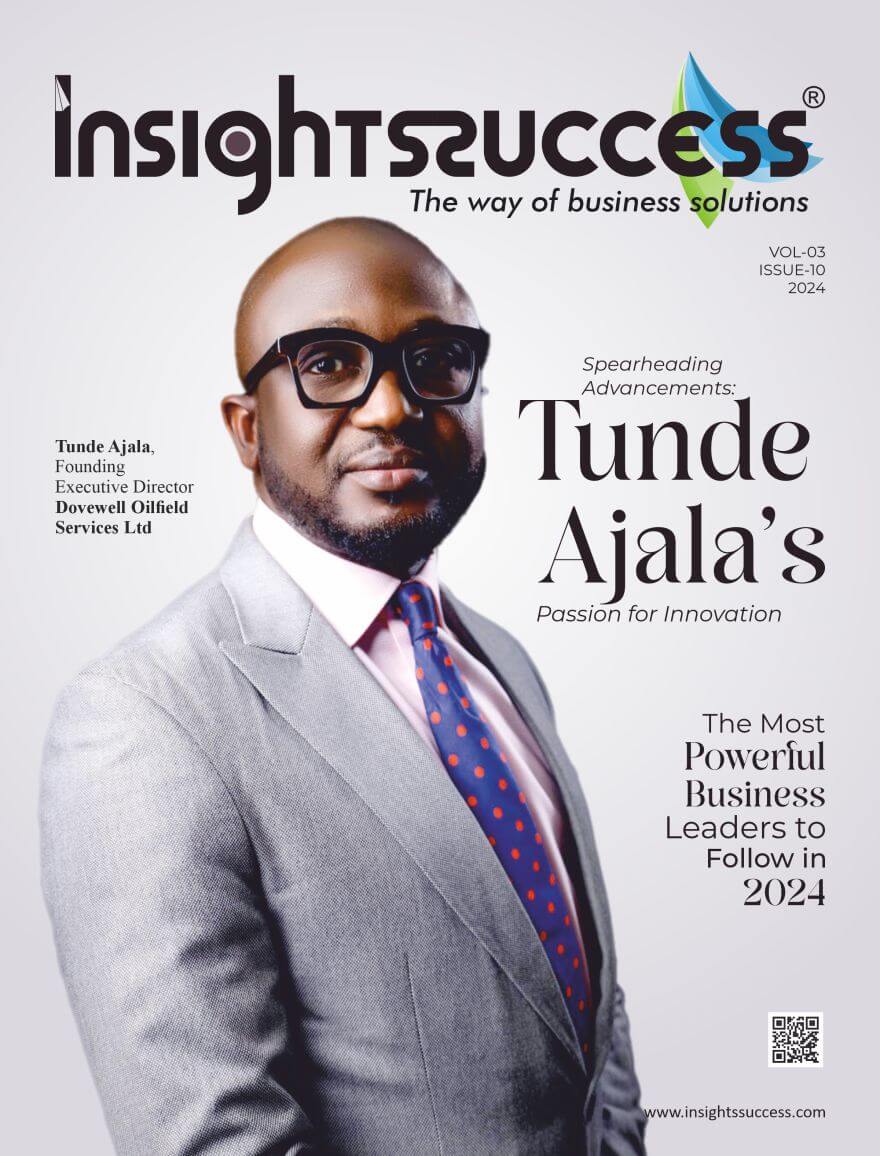“Enhancing Your Business Event with Keynote Speakers”

In the realm of business events, the keynote speaker holds a position of paramount importance. A keynote speaker can set the tone for the entire event, engage the audience, and deliver messages that resonate long after the event concludes. Optimizing your business event with the right keynote speakers involves strategic planning, selection, and integration into the event agenda. This article explores the steps to effectively leverage keynote speakers to maximize the impact of your business event.
Understanding the Role of Keynote Speakers
Setting the Tone
A keynote speaker’s primary role is to set the tone for the event. They are often the first to address the audience and therefore carry the responsibility of capturing attention and generating excitement. The right speaker can energize the audience, create a sense of anticipation, and establish the event’s thematic focus. This sets a positive tone for the sessions that follow and helps to align the audience with the event’s goals.
Delivering Core Messages
Keynote speakers are chosen for their ability to deliver core messages effectively. They often bring a wealth of knowledge, experience, and a fresh perspective that can illuminate the event’s central themes. Their insights can provide valuable takeaways for the audience, whether it’s about industry trends, leadership, innovation, or other relevant topics. The key is to ensure that their message aligns with the overall objectives of the event.
Engaging and Inspiring the Audience
A great keynote speaker does more than just speak; they engage and inspire. Through compelling storytelling, dynamic presentation styles, and interactive elements, they can captivate the audience’s attention and leave a lasting impression. This engagement can spark discussions, inspire new ideas, and motivate attendees to take action, thereby amplifying the event’s impact.
Strategic Planning for Keynote Speakers
Identifying Objectives
The first step in optimizing your event with a keynote speaker is to clearly identify the event’s objectives. Are you looking to educate your audience, inspire innovation, drive motivation, or address specific industry challenges? Understanding these goals will help you select a speaker whose expertise and message align with your desired outcomes.
Selecting the Right Speaker
Choosing the right keynote speaker is crucial. Look for individuals who are not only knowledgeable but also possess strong communication skills and a proven track record of engaging audiences. Consider industry leaders, renowned authors, successful entrepreneurs, or motivational speakers who can bring unique insights and perspectives. Research their previous speaking engagements, watch their videos, and read reviews to gauge their suitability for your event.
Budget Considerations
Keynote speakers can vary widely in terms of cost. It’s important to balance your budget with the potential value the speaker can bring to your event. While high-profile speakers may come with a higher price tag, their ability to draw attendees and elevate the event’s profile can justify the investment. Alternatively, emerging experts or local industry leaders can offer substantial value at a lower cost.
Integrating Keynote Speakers into the Event
Agenda Placement
The placement of the keynote speech within the event agenda is critical. Typically, keynote speakers open the event to set the stage, but they can also be strategically placed at the end to leave a lasting impression or at key transition points to maintain momentum. The timing should align with the overall flow of the event to maximize impact.
Promotional Strategies
Promoting your keynote speaker effectively can boost attendance and engagement. Highlight the speaker’s credentials, past achievements, and what attendees can expect to gain from their session. Utilize social media, email marketing, and your event website to create buzz and anticipation. If the speaker has a strong following, leverage their network to expand your reach.
Interactive Elements
Incorporating interactive elements can enhance the keynote experience. Consider including Q&A sessions, live polls, or interactive discussions to foster engagement. This not only keeps the audience involved but also provides valuable feedback and insights. Interactive elements can be facilitated through event apps or social media platforms, allowing for real-time participation.
Maximizing the Impact of the Keynote Speech
Pre-Event Engagement
Engage your audience before the event to build anticipation. Share teaser content, such as interview snippets, articles, or videos of the keynote speaker discussing relevant topics. Encourage attendees to submit questions or topics they’d like to see addressed. This pre-event engagement can create a sense of involvement and excitement.
Post-Event Follow-Up
The impact of a keynote speech can extend beyond the event itself. Follow up with attendees by sharing key takeaways, highlights, and recordings of the speech. Encourage further discussion through social media or follow-up webinars. This not only reinforces the speaker’s message but also extends the event’s value and fosters a continued connection with the audience.
Measuring Success
Feedback and Evaluation
To optimize future events, it’s essential to measure the success of your keynote speaker. Collect feedback from attendees through surveys or feedback forms. Assess aspects such as the speaker’s delivery, relevance of content, engagement level, and overall impact. This feedback can provide valuable insights for selecting and integrating keynote speakers in future events.
Impact on Event Objectives
Evaluate the extent to which the keynote speech helped achieve your event objectives. Did it inspire innovation, drive motivation, or provide actionable insights? Analyze metrics such as attendee engagement, social media activity, and post-event feedback to gauge the keynote’s effectiveness in meeting your goals.
Conclusion
Optimizing your business event with keynote speakers requires careful planning, strategic selection, and thoughtful integration into the event agenda. By understanding the role of keynote speakers in setting the tone, delivering core messages, and engaging the audience, you can maximize their impact. Strategic planning, including clear objectives, selecting the right speaker, and budget considerations, is essential. Integrating the speaker effectively into the agenda, promoting their presence, and incorporating interactive elements can enhance the overall experience. Finally, measuring success through feedback and evaluation ensures continuous improvement for future events. With these strategies, you can leverage keynote speakers to create memorable and impactful business events.






